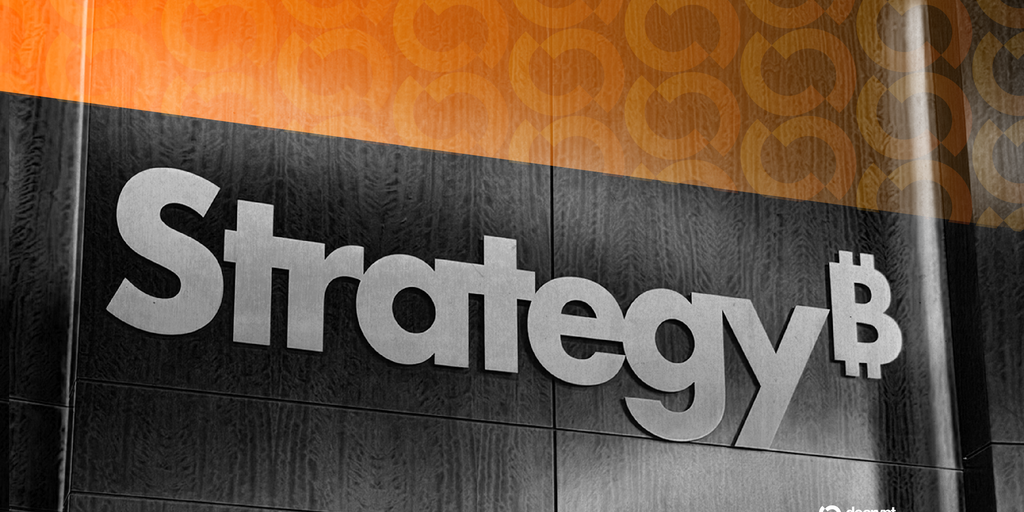Bots have wallets, and the machine economy has arrived.
Autonomous delivery systems, such as robots and AI agents, are emerging as economic participants capable of earning and spending money. These machines utilize decentralized finance (DeFi) and smart contracts to negotiate services, manage operational costs, and generate income. This shift signifies a transition from traditional human labor to synthetic labor, where robots select jobs based on market demand and optimize their services dynamically. Ownership of the income generated by these machines raises questions about who benefits—companies, users, or decentralized autonomous organizations (DAOs). The rise of an autonomous machine economy could lead to machines outnumbering human gig workers, prompting a need for new ownership models and legal frameworks to ensure accountability. As machines engage in transactions, they may redefine market logic, necessitating constraints to prevent potential exploitation or unforeseen consequences.











